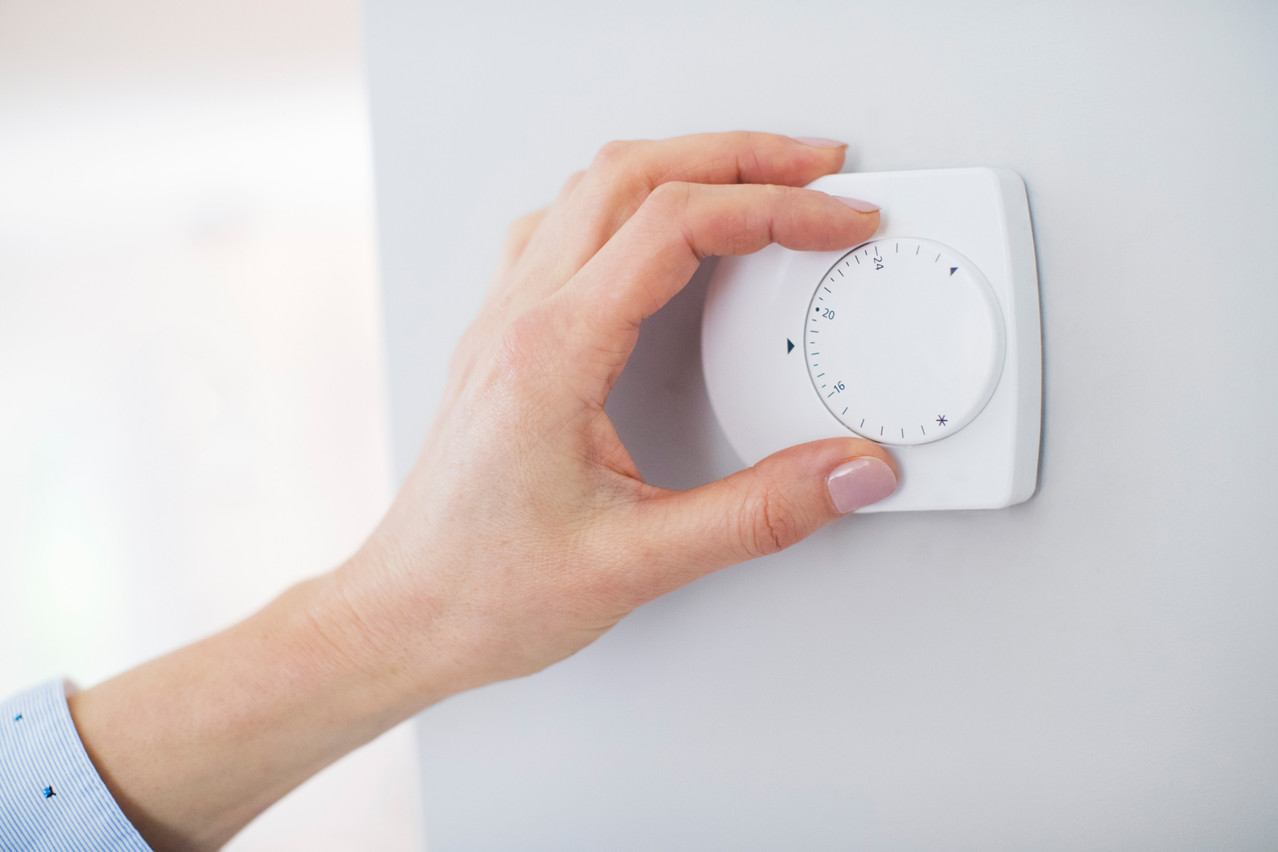Under the so-called Council Regulation on Coordinated Demand Reduction Measures for Gas, EU countries would have to lower their total gas consumption between 1 August 2022 and 31 March 2023.
The regulation is proposed to avoid further issues after Russia’s continued cutting off gas supply. The commission has drawn up a European Gas Demand Reduction Plan to help countries meet the proposed targets.
The plan aims to “safeguard supply to households and essential users like hospitals” or industries providing essential goods, the Commission explains in a press release.
Saving in the summer for the winter
“These measures will be voluntary at first,” the Commission explains, but, under the new regulation it could also declare a ‘union alert’ in case of a substantial risk of shortage or exceedingly high demand. If all member states agree, the suggestion could turn into an obligation.
The aim of the regulation is to store energy in the warmer months and use it during the winter. According to the Commission, taking action now would ease the burden on the economy, reduce market pressure and allow the EU to meet the 80% gas storage target it has set to ensure supply for the colder months.
Private households protected
The plan provides suggestions to member states including switching to other energy sources--preferably cleaner and renewable energy--incentivising a reduction in consumption by large companies, and raising awareness on saving energy in public and private buildings, as well as mandating a reduction of heating in all public buildings.
Private households will be informed on how to save energy-- by Luxembourg energy minister Claude Turmes--but should mainly be protected from any potential gas shortage.
The regulation also provides a list of non-protected customers that should be prioritised in the case of a gas comsumption reduction. Food supply, health, safety, environment are among services that should be protected from the demand, if member states agree to trigger the gas demand reduction campaign.
EU member states should update their energy emergency plan and gas reduction strategy by the end of September, the Commission says, though the sanctions they could incur if failing to do so are still unknown.
